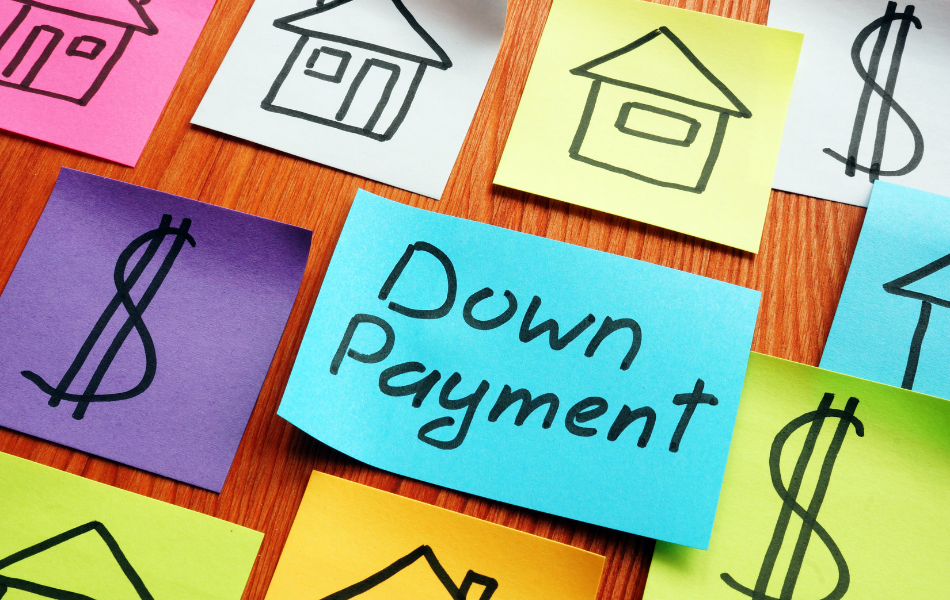How To Get Approved For Your First Time Home Buyer Mortgage
Updated: May 7, 2024
Purchasing a home is one of the most significant milestones you’ll make in a lifetime. It’s a decision that requires time and research along with a qualified real estate agent and financial institution. As a first-time home buyer, it’s imperative you get pre-approved before house hunting. This is especially important now because real estate experts say house inventory is low which means competition is high for prospective homebuyers. We know homes are going under contract in record time, but don’t let this deter you from stepping out into the competitive home market for the first time. Follow the steps below to increase your chances of being approved for your first-time mortgage.
1.) Calculate Your Income & Monthly Debt Obligations
The first step in your home-buying journey is to determine and document your monthly income and debt payments. Having a thorough list of these obligations will provide a better idea of how much home you can afford.


2.) Check Your Credit Score
It’s important to check your score before you apply for your first mortgage. Experts recommend that your score should be at least 680 to qualify for a first-time home loan. However, every situation is unique and there are instances where you may be approved for a home loan with a score below 680. To check your report, visit annualcreditreport.com. Currently, Equifax, Experian, and TransUnion are offering free weekly reports.
3.) Don’t Open New Accounts
Do not apply for new credit in the months leading up to applying for your first mortgage. Applying for additional financing will reduce your length of credit history and can also increase your debt-to-income ratio if you spend on those credit lines.


4.) Find Out How Much You Can Afford
Calculating how much you can afford doesn’t just pertain to your monthly mortgage payment. This also includes property taxes and homeowner’s insurance, along with repair/maintenance costs. Some experts advise that your total housing payment, including fees, taxes, and insurance, should not be more than 35% of your gross pre-tax income. While other experts suggest you budget less than 25% of your gross income for housing payments. Launch CU’s mortgage calculator is an excellent tool to help you determine how much home you can afford. Our friendly home loan specialists are also available to help you identify a payment and term that will work for your unique situation.
5.) Decide on a Down Payment
While saving for a down payment can feel overwhelming and endless, it’s necessary. Most lenders are looking for a 20% down payment, but that’s not always the case. The more down payment you have the more benefits you’ll see later, including lower upfront fees and a lower monthly payment. Launch offer’s a 3% down option.




